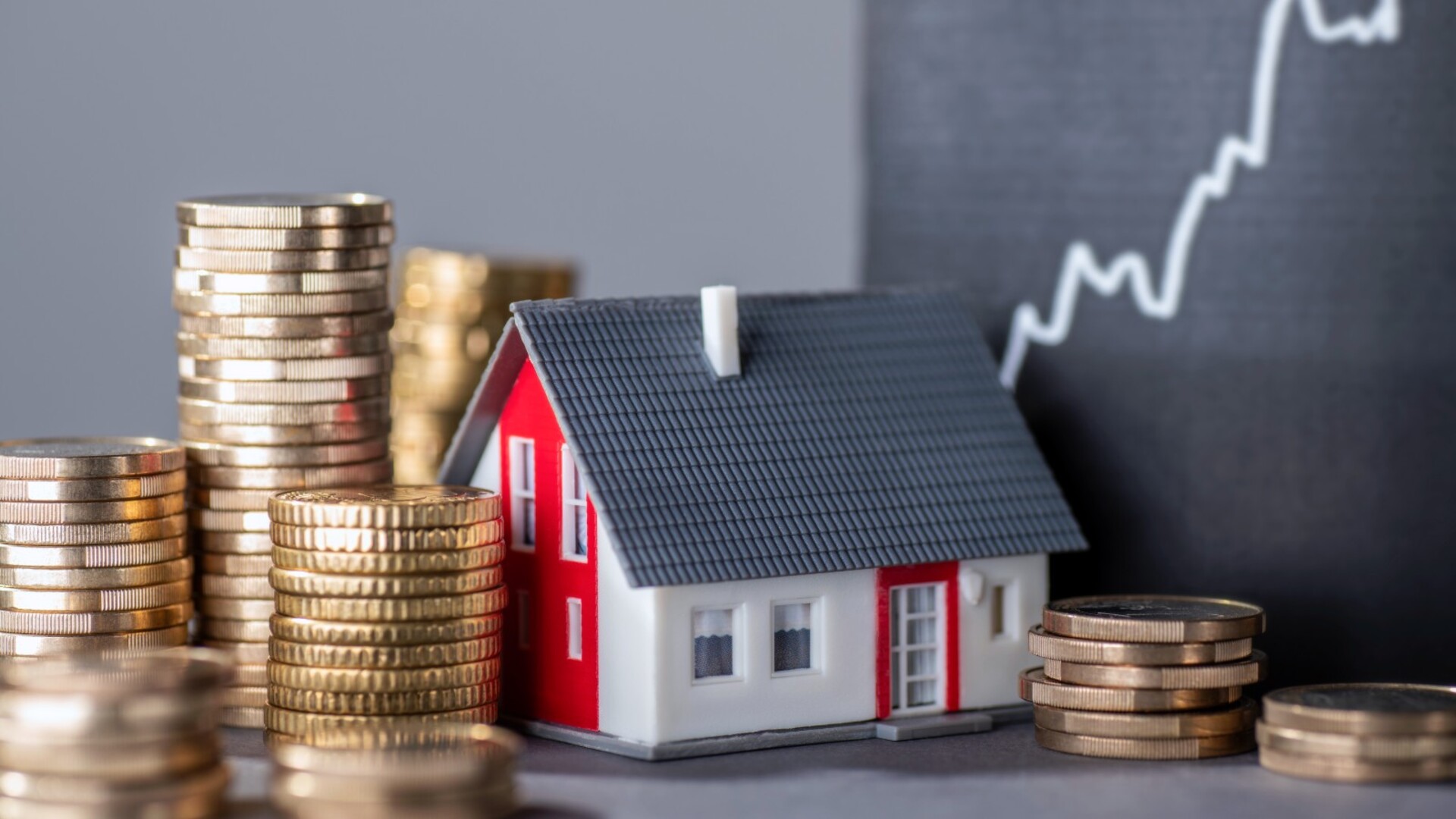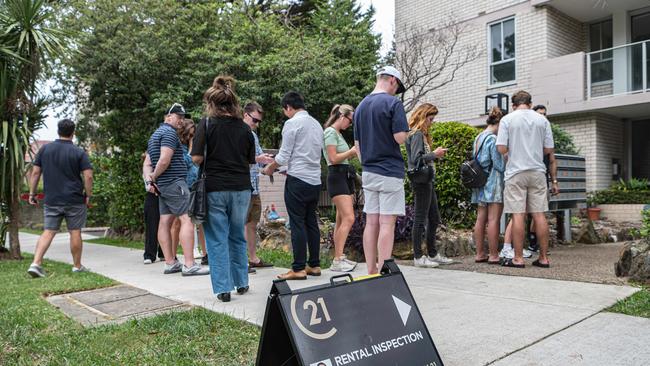Immigration’s wealth impact: short-term pain masks long-term gain
Crowding the housing market or creating jobs and wealth for everyone? The migration debate will intensify in the weeks ahead.

Immigration will be one of the most controversial issues in the looming election campaign, but a new economic analysis suggests it has long-term positives that many people ignore.
Almost one million people have migrated to Australia over the previous two financial years, and 2024-25 looks like adding another 350,000-plus.
This surge stopped the nation from sliding into an official recession, with the newcomers’ spending keeping official GDP positive as GDP-per-capita fell, but it has fanned inflation, house prices and social tensions.
A new report by AMP economist My Bui says net migration has accounted for 60 per cent of Australia’s population growth since 2006. It says the tendency for migrants to be younger and more educated leads to better productivity and wages, and reduces the pressures of our quickly-ageing population.
But migration has loud critics, including the Institute of Public Affairs, which says Albanese government promises “to rein in out-of-control intakes, which are driving Australia’s housing and cost-of-living crises, are completely worthless”. The Coalition is expected to commit to deeper migration cuts.

The AMP report, The Economics of Immigration in Australia, suggests the nation changes the composition of the migrant population through policies focusing on addressing skills shortages and reducing migrant concentration in capital cities “where competition for housing is already intense”.
It did not examine the composition of family migration, but government figures show that family visas comprise less than one-third of total migration, and nine out of 10 family visas are for partners.
The report says Australia has the second-highest share of foreign-born population among OECD countries, behind only Luxembourg. It says many temporary students settle permanently through skilled visa programs.
Ms Bui said the recent migration wave had been dominated by temporary students who were “not skilled yet”, which was causing short-term pain.
She said over the long term younger, more educated migrants could help reduce the impacts of aged care, healthcare and pension costs.
“With an ageing population that requires significant government support and benefits, positive net migration is probably essential, particularly to boost the healthcare and aged care workforce,” she said.
“A more educated workforce is likely to be more productive and therefore earns higher wages. The median weekly income of permanent immigrants in 2021 was $963, compared to just $805 for the overall Australian population.”
This can fan arguments that migrants are crowding out native-born Australians from lucrative jobs, the report says, but migration has also increased demand for workers thanks to the consumer spending boost from migrants.
“When you have more productivity, you lift living standards for everyone, not just for migrants,” Ms Bui said.
She said in the short term, house prices would be kept high by a strong demand-supply imbalance, and migrant intake should be adjusted for this.
“But in the longer term, there is a clear benefit to attracting highly-skilled and more productive workers that complement the local population.”

Institute of Public Affairs director of research Morgan Begg said Australian Bureau of Statistics data released this month showed migration growth continued to exceed government forecasts.
“The Prime Minister is setting Australia up for an economic and humanitarian disaster,” he said.
“Failing to rein in unsustainable migration intakes actively undermines Australians who are struggling with rapidly-rising house prices and rental costs. It is also fuelling high inflation and a per capita recession.”
Mr Begg said new housing approvals remained drastically below the number of new arrivals.
“Migration has always been an important part of our national story and Australians are tolerant and welcoming,” he said.
“However, migration intake must be planned for, enjoy the support of the community, and not overstretch critical social infrastructure like housing, schools, roads and hospitals.”





To join the conversation, please log in. Don't have an account? Register
Join the conversation, you are commenting as Logout